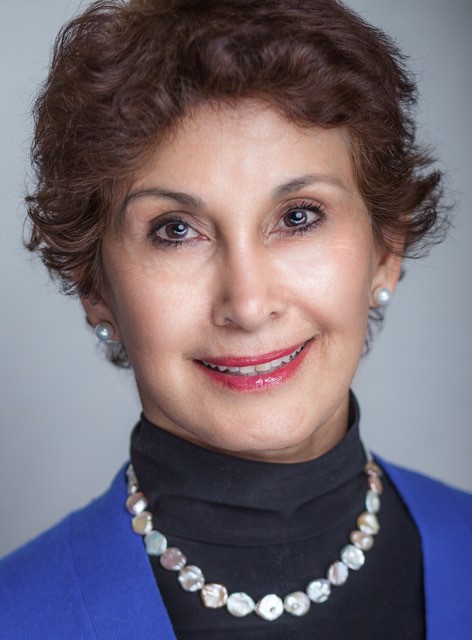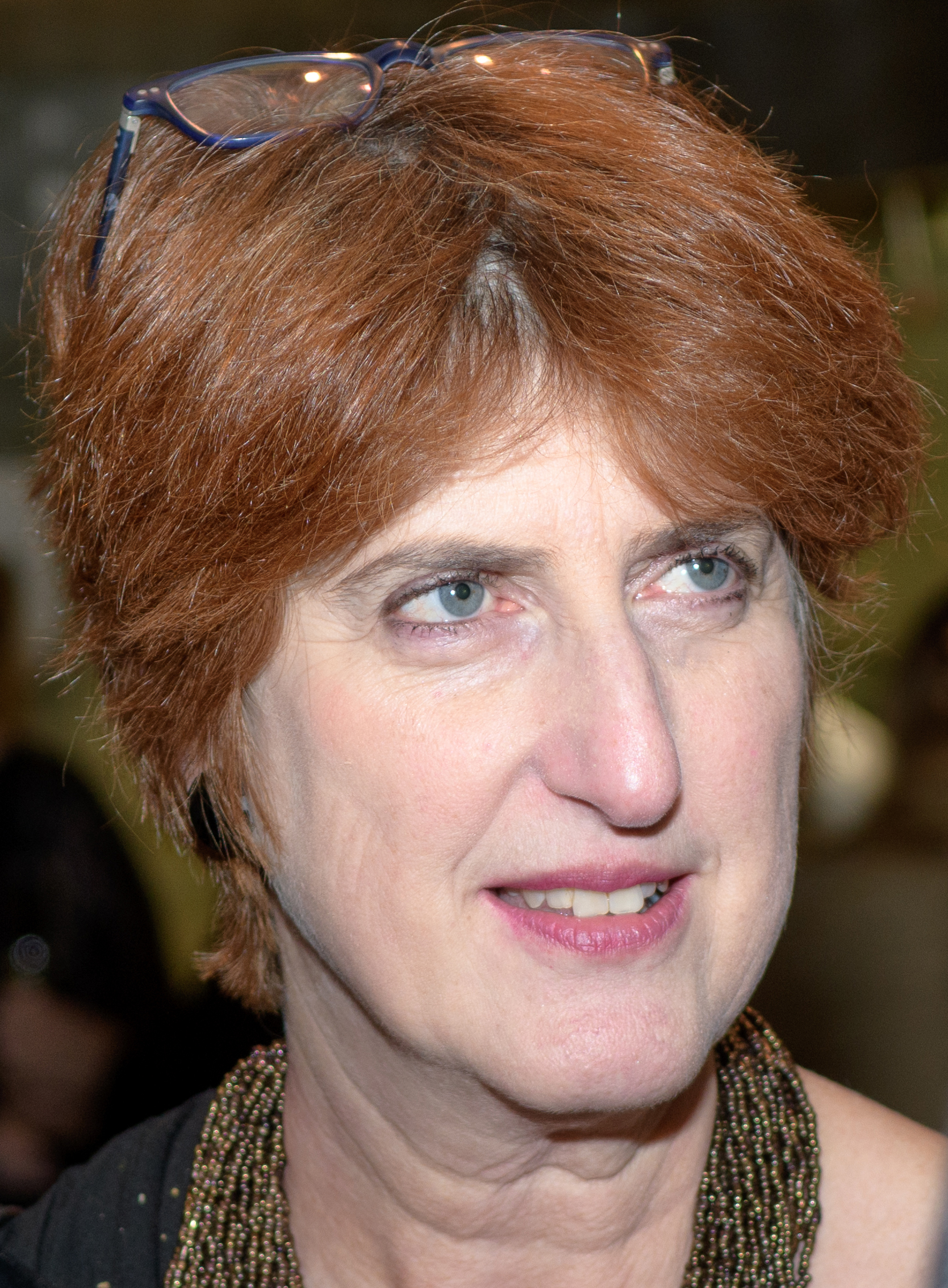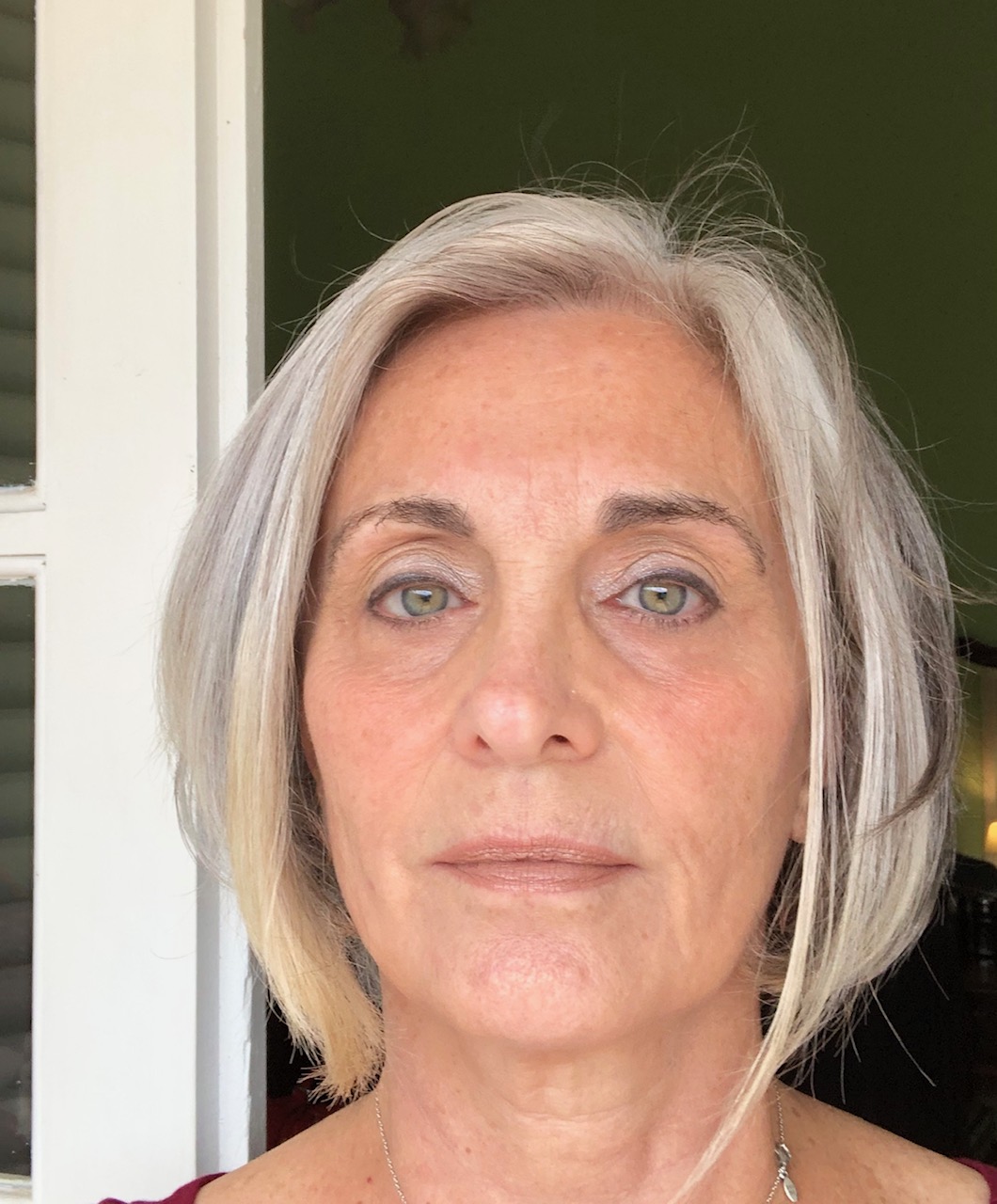Child Abuse, Detection and Treatment
Sunday 26th January 2020
The first IPA webinar of 2020 will feature Mali Mann, Jennifer Davids and Vera Regina Fonseca, discussing the very important topic of child abuse.
Child Abuse within Family and Societal Systems
Mali Mann will present on the detection and treatment of abused children, and how it needs to be addressed at a worldwide level. The recognition, prevention and treatment of child abuse and neglect, are some of the most crucial aspects of our work as Child and Adolescent Psychoanalysts. The child should be protected against all forms of neglect, cruelty and exploitation. Furthermore, the child shall not be the subject of trafficking in any shape or form.
The inter-generational and trans-generational transmission of trauma is a vital knowledge, which requires our active therapeutic intervention.
We need to be able to recognise any recent act or failure to act on the part of a parent or caregiver within a family system that results in serious physical or emotional harm, sexual abuse, or exploitation. Additionally, we need to know of the act or failure to act that presents an imminent risk of serious harm in order to plan an intervention strategy to prevent such acts.
Download paper
The Abuse of Too Muchness: The Impact of Digital Abuse on Children, Adolescents and their Families
Jennifer Davids will address how 24/7 access to digital communication and entertainment can be a form of emotional abuse. Some parents allow, and to some extent encourage excessive use, and the technology and its different aspects can become a kind of family member. Cyber-bullying is very powerful and young people have told me how they feel “they [the bullies] can get you anytime, there is no escape”. Case illustrations will be presented of vulnerable children who form an addictive relationship via technology. Research on the neurological impact of extended screen usage will be referred to.
Download paper
Child Abuse and Governmental Neglect – the Role of Psychoanalysts
Vera Regina Fonseca will discuss how the lack of an emotional nurturing environment during early childhood has a deep and long-lasting impact in child development. When, besides failing in providing security, caretakers impinge upon children physical and / or psychological suffering, the very core of the self is damaged, opening the path to the trans-generational repetition of the trauma. It is the responsibility of the state to cut the lethal circle of abuse and its consequences. When it denies such a role, the spreading and spiralling of violence runs a free course. We are currently witnessing in Brazil, the dissolving of several committees linked to the regulation and enforcement of child protection. As psychoanalysts we have the duty to alert to the catastrophic outcome of such neglect.
Download paper
 Mali Mann
Mali Mann, MD, F.I.P.A – is an Adult, Adolescent and Child Psychiatrist and Psychoanalyst in the San Francisco Bay Area. She is a Training and Supervising Psychoanalyst and Child Analytic Supervisor at San Francisco Centre for Psychoanalysis. She is currently the chair of the IPA’s Inter-Committee Project on Child Abuse. She served as Chair of the North American Committee on Child and Adolescent Psychoanalysis / and associate member of the Committee of Women and Psychoanalysis (COWAP). She is a clinical professor, adjunct at Stanford University School of Medicine, Department of Psychiatry and Behavioural Science. She has a special interest in psychoanalytic aspects of assisted reproductive technology, twins, adoption, and global health. She is involved in Flying Doctors Mission.
 Jennifer Davids
Jennifer Davids – is a Fellow of the British Psychoanalytical Society. She lives and works in full time practice in London. Jennifer is a child, adolescent and adult psychoanalyst. She is a supervising analyst for child and adolescent psychoanalysis. Originally trained at the Anna Freud Centre, she then worked on the clinical and teaching staff for over 20 years. Jennifer also worked in the public sector as a consultant. Her special interests include the links between child and adult psychoanalysis, adopted and looked-after children, and the interface between politics and psychoanalysis.
 Vera Regina Fonseca
Vera Regina Fonseca, MD, PhD – is a Training and Supervising Analyst of the Brazilian Psychoanalytic Society of São Paulo (BPSSP). She is currently the Director of Training of the BPSSP, and has been its Scientific Chair (2013-2016). Her doctoral thesis focused on interdisciplinary studies in autistic disorders; she has been a post-doctoral researcher in post-partum depression and child development. She works in private practice as a child psychoanalyst and as a psychoanalyst with children and adults. Her interests are developmental psychopathology, research and politics.
If you are unable to attend the live session but would like to receive a recording, please continue to register and a recording will automatically be emailed to you once the live session has ended.